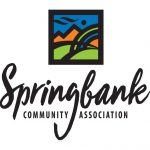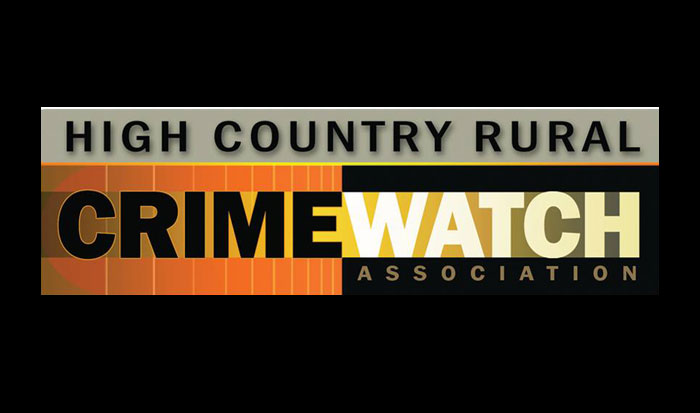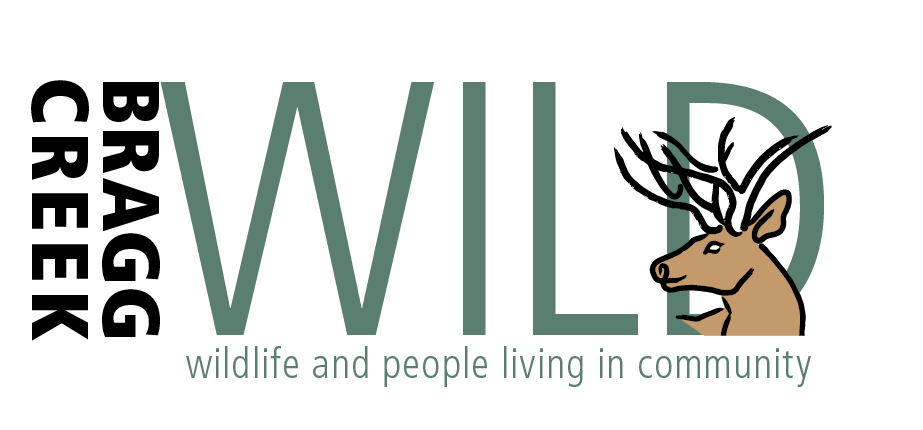Recent statistical information shows that Canada’s largest credit bureaus, Equifax and TransUnion, receive over 1,800 identity theft complaints from Canadian citizens every month.
The Canadian Government defines identity theft as “the unauthorized use of your information by third parties— involves the collection and use of personal information such as your name, date of birth, address, social insurance number (SIN), and other personal details for criminal purposes”. Identity theft can be the starting point to a range of crimes — from financial fraud and forgery to abuse of government programs. The thief only needs a small amount of information, as little as your name and birthdate, to start building their new identity and committing fraud.
In more severe cases, identity thieves may try to even sell your property and embezzle the money.
What can you do to protect yourself from Identity Theft?
- Be extremely careful when you provide personal information such as your SIN, or date of birth over the phone. Don’t use your SIN as a piece of ID and never reveal it to anyone unless you are certain the person asking for it is legally entitled to that information. When an organization requests your SIN, ask if it is legally required to collect it, and if not, offer other forms of ID.
- Be suspicious if you are ever asked to pay taxes or fees to the CRA on lottery or sweepstakes winnings. You do not have to pay taxes or fees on these types of winnings. These requests are scams.
- Before supporting any charity, use the CRA website at canada.ca/charities- giving to find out if the charity is registered and get more information on the way it does business.
- Be careful before you click on links in any email you receive. Some criminals may be using a technique known as phishing to steal personal information.
- Immediately report lost or stolen credit or debit cards.
- Identity thieves steal old bills or preprinted credit card offers discarded in waste or recycling bins – I burn them. They will steal physical mail out of mailboxes.
- Social media like Twitter and Facebook can be a goldmine for identity thieves. It’s a good idea to limit identifying information you post. Pictures can be lifted and attached to other forms of stolen identification to provide very accurate ID.
Calgary Police inform me personal info can be obtained in several different ways but in the cases they investigate the information was virtually always obtained in car prowlings, mail theft and online scams. Leaving your vehicle registration and pink insurance card in the glove box is a good source of info for thieves.
Electronic media devices are also a good source for identity thieves. Delete all personal information from your electronic devices before discarding, recycling or selling them. There are several ways to do this, for example by resetting to factory defaults, overwriting, reformatting, or physically destroying the media.
You could be a victim of identity theft if:
- You are contacted by a creditor because an application for credit that you did not apply for was received in your name and with your address.
- You receive a phone call or letter informing you that you have been denied or approved by a creditor that you never applied to.
- You receive credit card statements or other bills with your information that you never applied to.
- You no longer receive your credit card statements or any of your mail.
- You are contacted by a collection agency informing you that they are collecting for a defaulted account established with your identity that you never opened.
What should you do if you think you are a victim of identity theft? Immediately:
- notify your financial institution and the local police;
- contact the CRA at 1-800-959-8281;
- report the theft to a credit reporting agency such as Equifax or TransUnion;
- keep records of recent purchases, payments, and financial transactions; and
- call 1-800-O-Canada (1-800-622-6232) for information on where and how to replace identity cards such as your health card, driver’s licence, or SIN if necessary.
Submitted by Dave Schroeder
HCRCWA Board Member


























